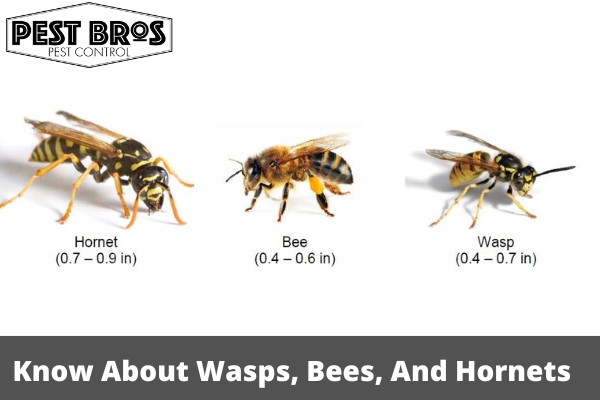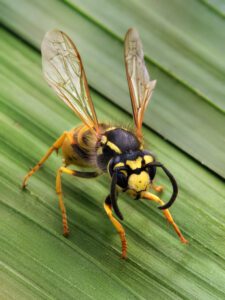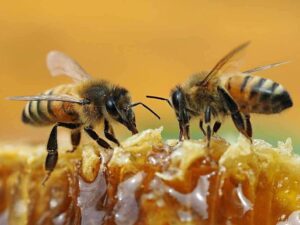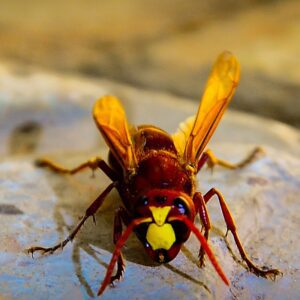

What You Need To Know About Wasps, Bees, And Hornets
Bees, wasps, and hornets all share the trait of being feared by the general population due to the harm they provide to human health and safety if they are stung. Although they may all seem similar—yellow bodies, black legs, and the potential to sting—this does not make them the same. On the contrary, their outlooks and environments are considerably different from one another. Curious about what distinguishes a hornet from a bee or a wasp? Or What do you need to know about these insects? Let’s check it out!
Wasps


Flying insect wasps are characterized by their wings and tendency to form colonies. Their distinguishing features include tiny waists and striped black-and-yellow bands on their bodies. Wasps are scavengers that feed on other insects; they also dwell in swarms and construct papery nests by combining soil with chewed wood pulp.
Classification: Carnivore
Bees


Social and able to fly, bees are most recognized for the pollination service they provide to plants and flowers. Honey and pollen are the primary sources of nutrition for these insects. Nectar is needed for energy, and pollen provides protein and minerals for the developing larvae. Hives are made up of yellow honeycomb cells that serve as storage for honey and pollen and as a safe haven for the bees’ eggs, larvae, and pupae.
Classification: Herbivorous
Must Read About: Make Your Home Stress-Free And Pest-Free With The Pest Bros
Hornets


Hornets are a subset of the wasp family that is distinguished from the ground-nesting wasps. This is because their nests are built in the air. When protecting their nests or when disturbed or threatened, they may become quite violent, earning them a reputation as hazardous pests.
Classification: Carnivore
What Should You Do If You Come Upon Them?
Suppose you come across a stinging insect, such as a wasp, a bee, or a hornet. Step one is to leave the bugs in peace. It’s important to remember that bees, especially Honey Bees and Carpenter Bees, will only sting if they believe you’re interfering with their colony. Do not try to get rid of pests yourself unless you have the proper training and certifications to do so.
However, wasps and hornets are a far bigger threat. They may go from passive to aggressive in a flash, and their stings are far more excruciating than those of bees. The nest is either on the property or relatively close by, so if you notice wasps, you shouldn’t be surprised to stumble into them again. It is best to call or hire a pest control service to get rid of the nest safely and effectively.
What To Do When Stung?
It hurts when insects bite or sting you, and your pain tolerance may be higher or lower than average. In addition, the length of each individual’s pain varies. Over-the-counter (OTC) pain relievers may be used for mild pain while the sting’s effects are monitored. However, if the discomfort continues or your symptoms increase, you should visit the local hospital immediately.
The first move in the professional treatment of wasp, bee, or hornet problems is usually a site assessment to specify the extent of the infestation. Afterward, the nest will be removed, and the hives will be destroyed without endangering the health of any people, animals, or buildings. We at The Pest Bros can do that for you! Contact us today and get your pest control service right away.




